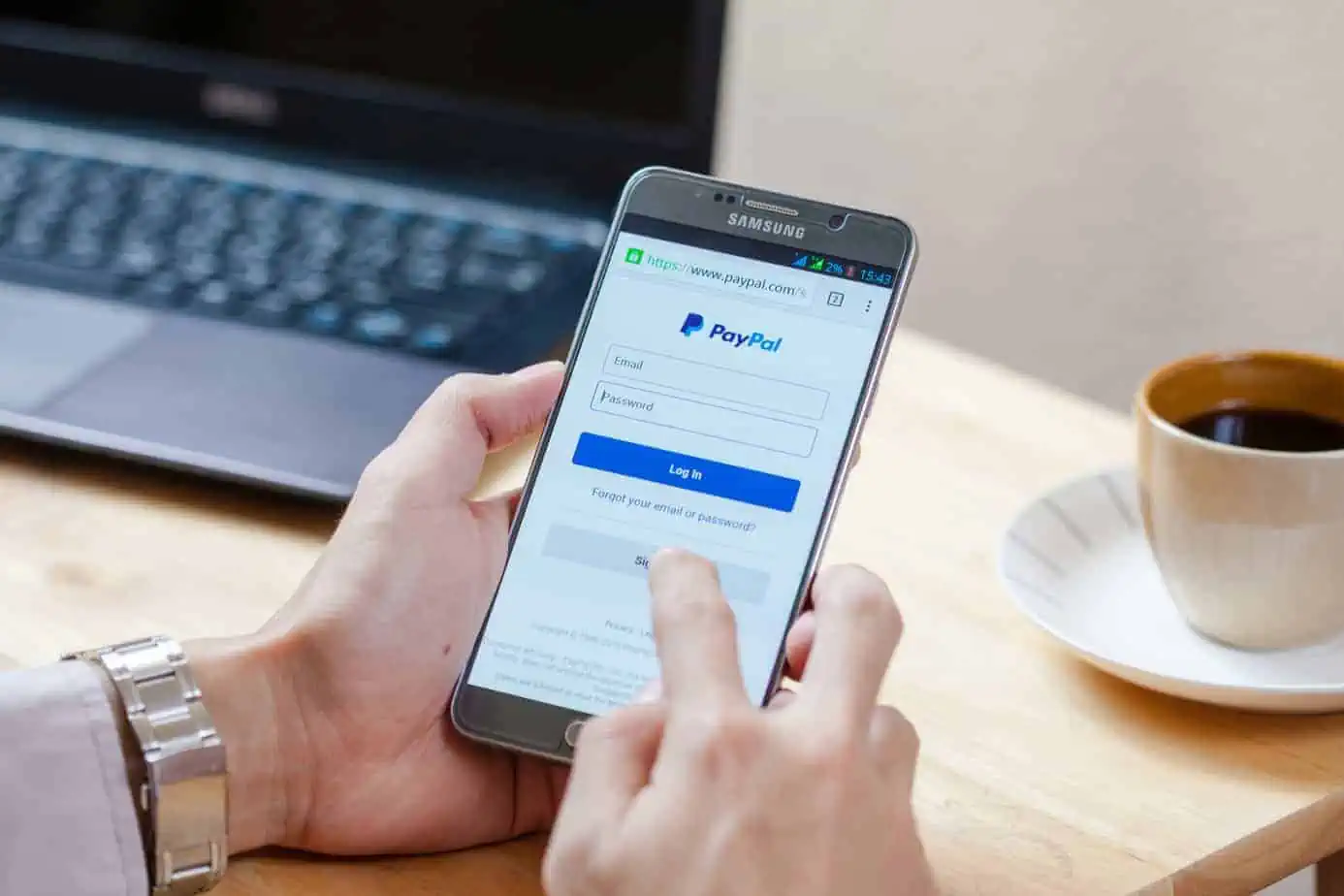Digital threats are becoming common, and there are concerns on how well businesses can stay protected from these issues. The global pandemic has prompted many people to complete more transactions online. These include card-not-present deals that might be vulnerable to online threats and other concerns. These problems may continue well after the pandemic officially ends. People have become more used to handling online transactions.
PayPal is responding to these increasing concerns by releasing a new merchant fraud protection tool. PayPal is launching the new Fraud Protection Advanced system to protect businesses. The system will work with prior fraud details to find new instances and help flag transactions that might cause trouble.
PayPal’s Fraud Protection Advanced setup will help businesses review potential fraud situations. It uses network information and machine learning to provide smart results.
PayPal produced this setup thanks to the partnerships the company has with many analytics organizations. The company has more than twenty years of data surrounding merchant activities and signs of fraud. The team will use this data to find certain issues.
The move comes as more people are resorting to online commerce than ever. But as more people are shopping online, there is also an increased risk of fraud and other illegal activities. It is easier for data thieves to steal content. Many online merchants don’t have the tools necessary to prevent fraud.
PayPal’s aim is to use digital information and predictive analysis to find potential fraud activities. The design reduces the risk of managing transactions and ensures online deals can remain safe. It allows businesses to collect the funds they deserve.
What Does the Service Offer?
The Fraud Protection Advance service will use many technologies to identify fraudulent transactions. Much of this entails working with analytics and machine learning.
The system can identify situations where fraud is likely to occur. The work includes reviewing online consumer behavior and identifying signs of data theft or fraud.
The setup uses real-time data modeling to note unique fraud patterns and to block potential transactions. It works with prior information surrounding different transactions and fraud activities to review instances where fraud may develop. These reviews help prevent fraud and other issues from developing. The work reduces risks and ensures businesses can get the money they deserve.
The Fraud Protection Tool also reviews routine tasks and monitors how well they function. These tasks are monitored based on how well they operate and what changes might develop. It can also find potential threats and activities that are going on outside of routine efforts. Such reviews can help find potentially unusual or difficult activities that might compromise the quality of the business.
The General Goal
The goal of the Fraud Protection Advance service is to prevent chargebacks from occurring. Many cases of fraud lead to chargebacks. These instances of a card company having to reimburse a customer can be a problem, especially since many card companies have zero-liability policies. A person might commit a fraudulent transaction that leads to a chargeback. The move causes the business to lose money and inventory due to fraud.
False declines may also occur in some cases. A false decline entails a person’s card being rejected despite that person not having done anything wrong with one’s card. These false declines can be substantial hits on a business, as they might prevent some people from doing business with a website. The issue can cause some businesses to lose revenue due to people not completing their transactions as they wish.
These issues often occur during card-not-present or CNP transactions. A CNP deal can happen online, which is also where many cases of fraud may develop.
Such concerns can cause parties to lose out on future transactions. The support that PayPal has for preventing future fraud issues will be critical in ensuring everyone can stay safe and protected from various forms of harm.
Noting the Concern of Fraud
PayPal’s new fraud protection system comes as nearly a fifth of people in the United States purchased things online in 2020. The value is a record, with much of it coming from the closures of many physical businesses around the country. But it has also made it to where data thieves are more willing to steal online data from other people.
Hundreds of analysts report that businesses are losing millions of dollars each year from digital fraud. But most companies haven’t done much to try and combat the issue. The hope is for people to start putting in more of an initiative to fight data theft.
PayPal has hopes that it can help prevent data theft and reduce the risks each business holds. The Fraud Protection Advanced system will ensure businesses will have the analytics and reports necessary to help them stop data theft beforehand.
Necessary For Increased Online Sales
The new work PayPal is introducing is critical for ensuring that businesses will stay protected when handling online transactions. As the global pandemic progresses, it becomes evident that people are more willing than ever to do business online. They are also interested in handling contact-free transactions. These points have gone from being out of safety to out of convenience, especially as people see what makes such transactions beneficial.
Many of the people who are making the shift to online transactions include millennials and bridge millennials. They have been refining their digital habits over the past year, and they are leading the way in managing more online transactions. But there always exists the risk that some people may attempt to commit fraud and acquire things for free. The issue can lead to chargebacks, which can cause a business to lose more money than it can afford to manage.
PayPal’s merchant fraud protection system will potentially reduce the risk from managing online transactions. The work will reduce the general threat involved and ensure no one’s data is lost. The effort is critical for today’s increasingly online world.

